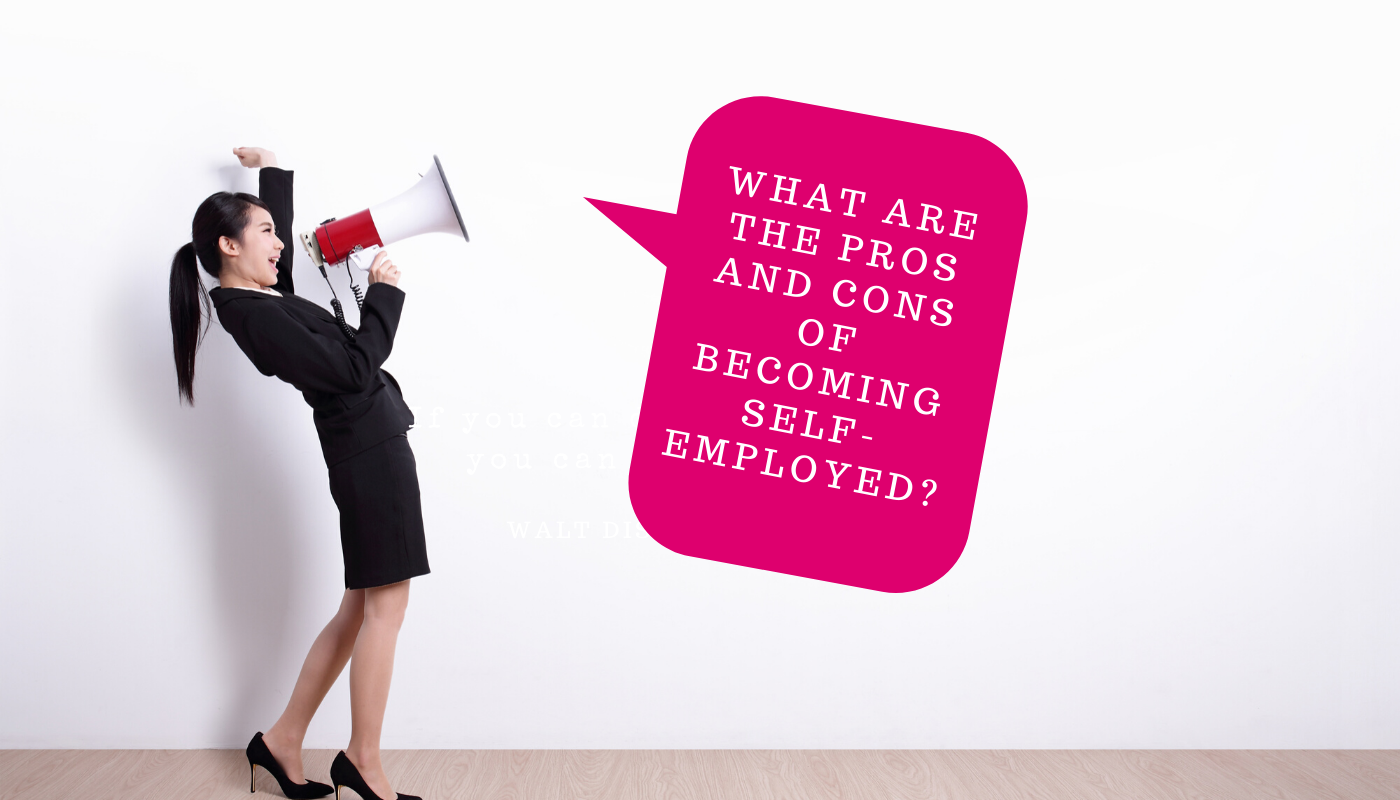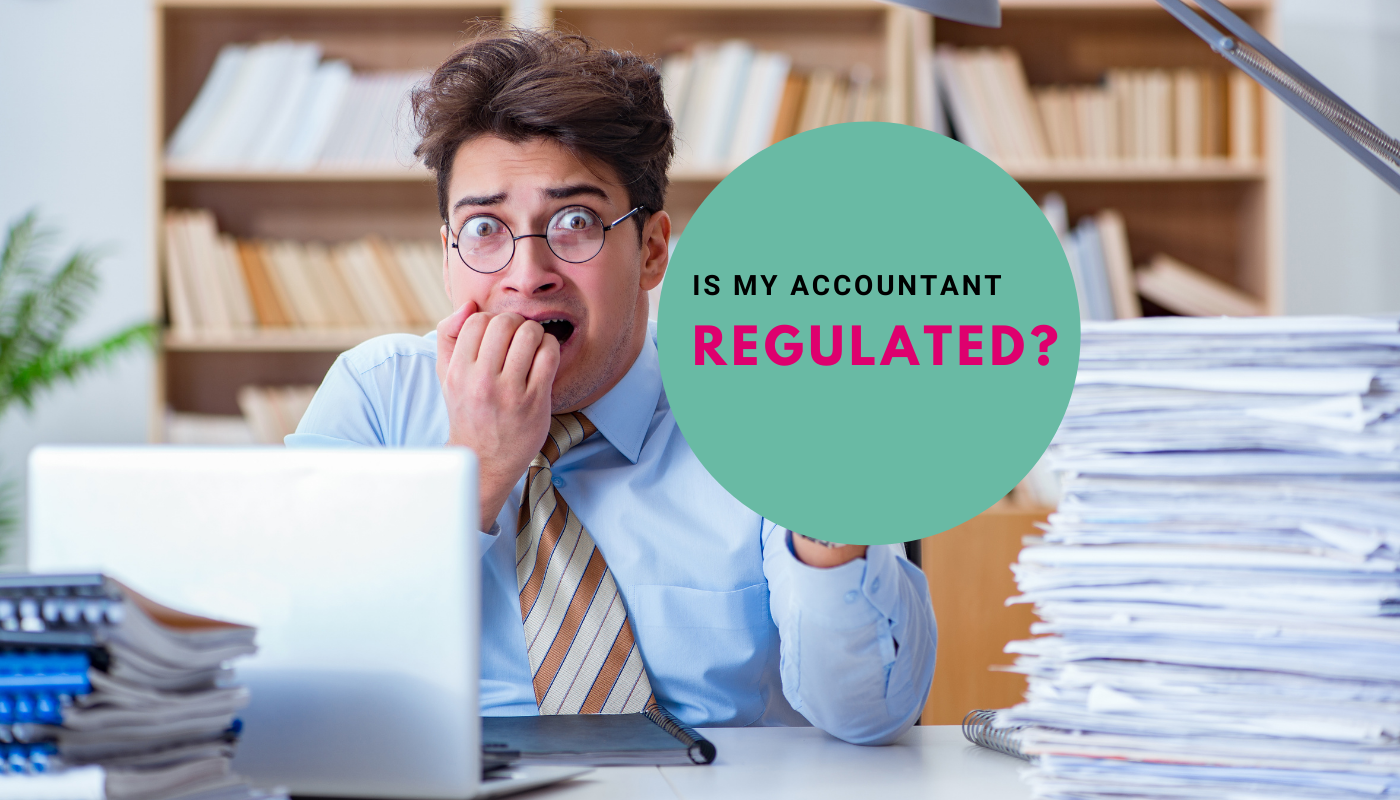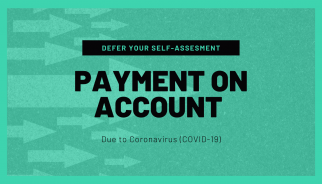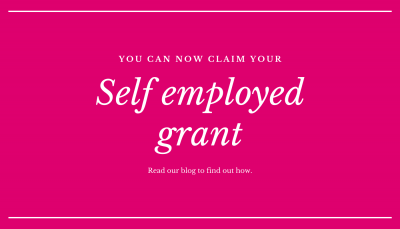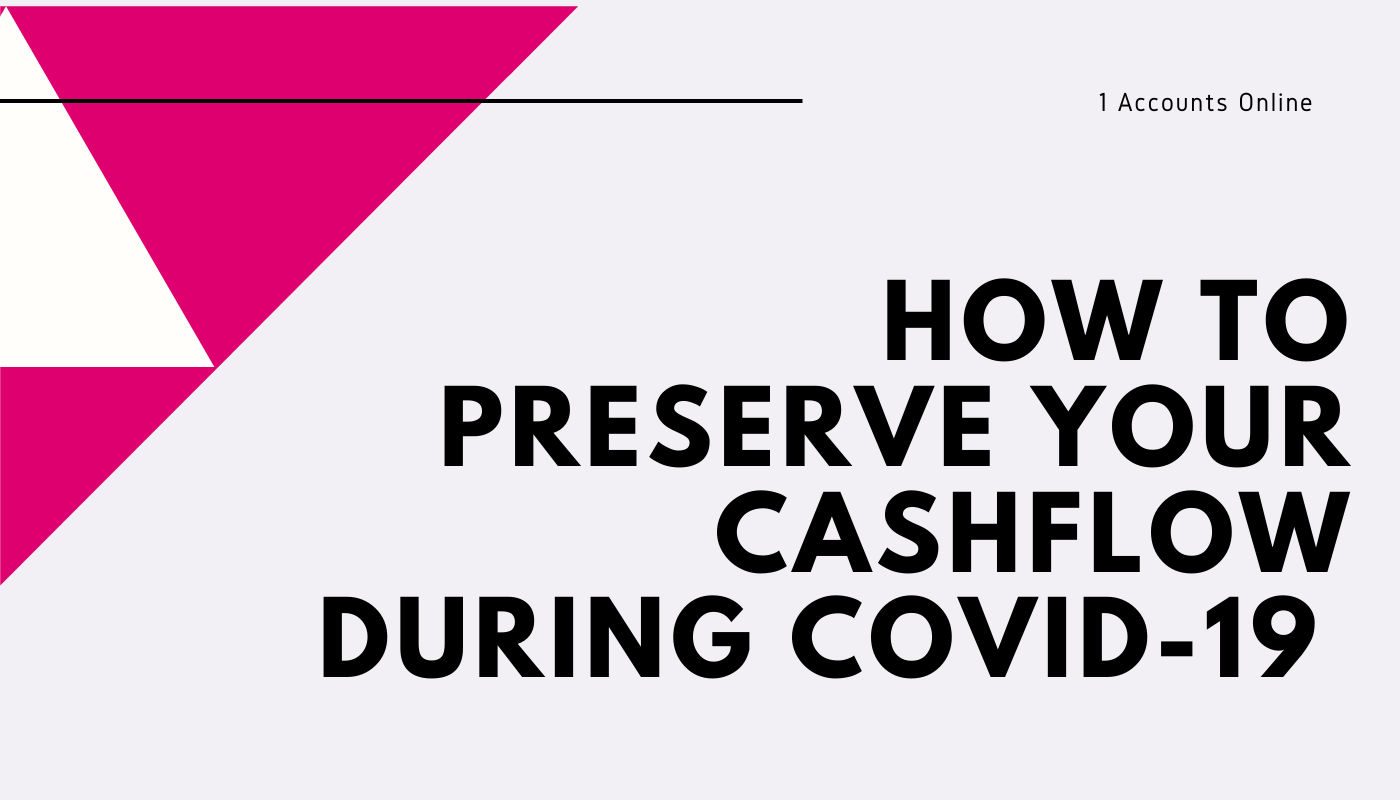Would you trust your life to someone who was not a doctor?
Would you be defended in court without a qualified lawyer?
Of course not. Yet many businesses trust their livelihoods to unregulated accountants.
Why does being regulated make a difference?
To be regulated accountants have to be a member of a professional body. The main professional bodies are:
In order to practice as an accountant with a professional body, you have to have a practicing licence and hold professional indemnity insurance. You also have to do continued professional development. An unregulated accountant does not have to have any of this in place.
As a member of a professional body they will be regulated by law under the Proceeds of Crime Act Money Laundering Regulations (AML) with very strict rules to comply with.
How to check if your accountant is regulated.
When you sign up to an accountant, you will receive their terms of business (engagement letter). This will set out the basis of the contract between them and you. In that proposal there should be reference to their professional body and details of their AML procedures. If there aren’t, this should be your first red flag.
Questions to ask your accountant:
- What professional body do you belong to?
- Can I have a copy of your professional indemnity insurance?
- What CPD do you do?
If the accountant isn’t regulated they HAVE to register with HMRC under the AML rules. This is the law. The link below will give you the details and allow you to check if your unregulated accountant is actually registered with HMRC.
https://www.gov.uk/guidance/money-laundering-regulations-supervised-business-register
Our experience
When taking on new business, we always request hand over information from the previous accountant. Normally this is relatively easy, however for one of our new clients it has been far from it. We have been shocked by the quality and correspondence from the previous accountant. After looking through all the information, we have found out that this particular accountant is unregulated. This ultimately meant, our client cannot report the accountants actions to their governing body. Leaving them with one option, legal action.
The client put their trust in this accountant and have been left with extremely messy books, which could result in more tax and potential fines.
Make sure your accountant is regulated, this way if something goes wrong your accountant has certain standards to adhere to, ensuring your finances are kept in order.

